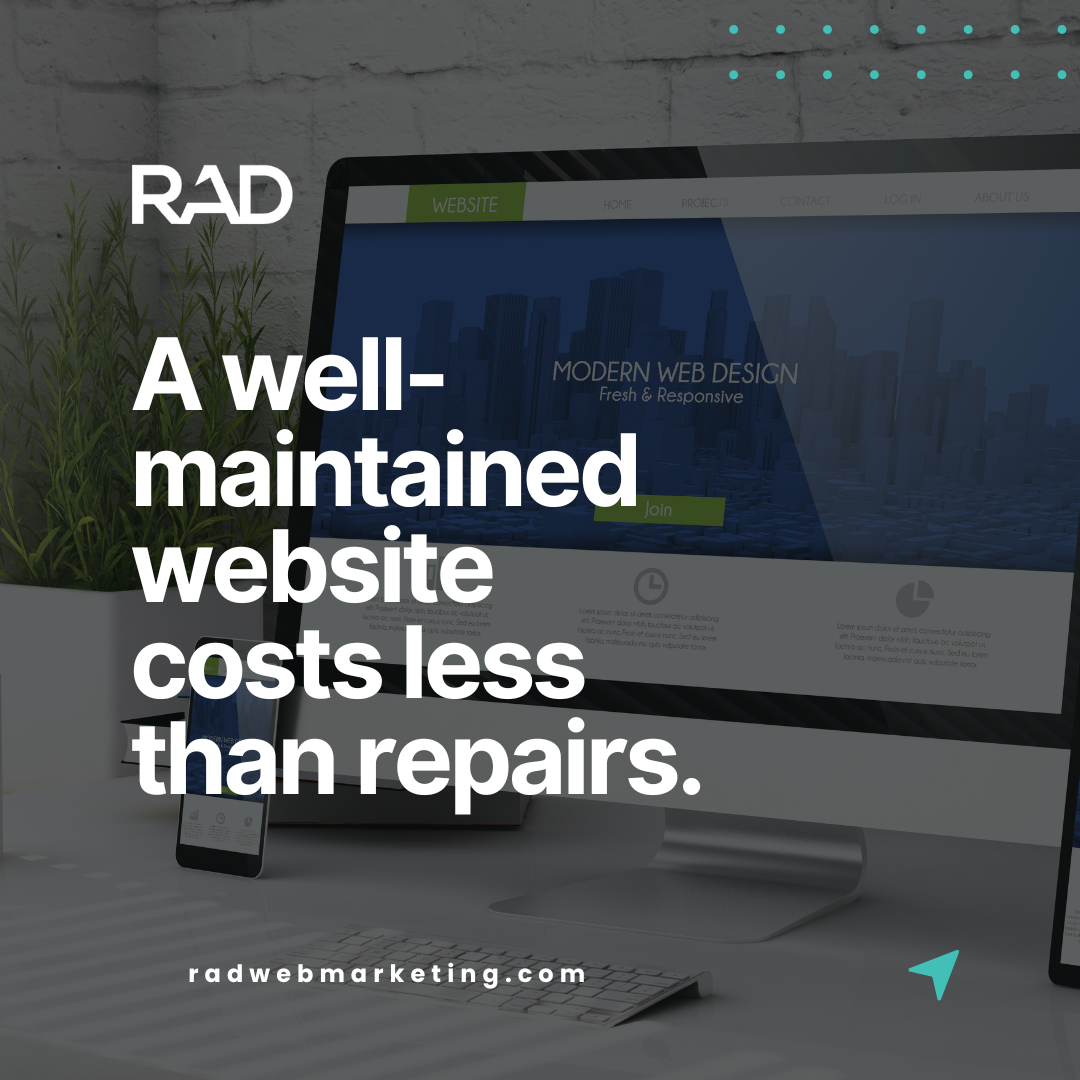With more people searching for businesses online than ever before, having a strong digital presence is essential for small business success. But simply having a website isn’t enough. If your site doesn’t appear when potential customers search for your products or services, you’re losing business to competitors. This is where search engine optimization (SEO) comes in.
SEO helps improve your website’s visibility on Google and other search engines, making it easier for people to find you when they need what you offer. For small businesses, especially those targeting a local audience, SEO is one of the most effective ways to increase traffic, generate leads, and grow sales. Below, we’ll break down how SEO works, why local SEO is essential, and the steps you can take to rank higher in search results.
How SEO Helps Small Businesses Get Found Online
SEO is the process of optimizing your website so it ranks higher in search results when people search for relevant keywords. If your business appears on page one of Google, you're far more likely to attract visitors than if you're buried on page two or beyond.
For example, if you own a coffee shop in North Bay or Cotati, SEO can help your business show up when someone searches for “best coffee shop in North Bay” or “coffee near Cotati.” The goal is to increase your website’s ranking so you get more traffic, more leads, and ultimately, more sales.
Why Local SEO is Critical for Small Businesses
For businesses that serve a specific area or have a physical location, local SEO is a game-changer. Local SEO helps your business appear in local search results, Google Maps, and the Google Business Profile 3-pack (the top three local business listings that appear in searches).
How to Improve Local SEO for Your Business
✅ Claim and Optimize Your Google Business Profile – A well-optimized Google Business Profile (GBP) increases your chances of appearing in local search results. Make sure your business name, address, phone number, and website (NAP) are accurate and up to date.
✅ Use Location-Specific Keywords – Include your city or neighborhood in your website’s title tags, headings, and content. For example, instead of just saying “best coffee shop,” use “best coffee shop in North Bay” to improve local rankings.
✅ Encourage and Manage Online Reviews – Positive reviews improve trust and help with local rankings. Encourage happy customers to leave Google reviews, and always respond professionally to both positive and negative feedback.
✅ List Your Business on Local Directories – Make sure your business appears on Yelp, Facebook, Apple Maps, and industry-specific directories. Consistent business information across these platforms builds credibility with search engines.
Why Website Maintenance Matters for SEO
Many small business owners focus on SEO once but don’t maintain it. Regular website maintenance is crucial to keeping your rankings strong.
🚀 Keep Your Website Updated – Outdated content, broken links, or missing pages can hurt SEO and cause visitors to leave. Regularly check and update your site.
🚀 Ensure Mobile-Friendliness – More than 60% of searches come from mobile devices. Google prioritizes mobile-optimized sites, so make sure your site is responsive.
🚀 Improve Website Speed – Slow-loading websites hurt SEO and frustrate visitors. Optimize images, use caching, and choose a reliable hosting provider to improve load times.
🚀 Fix Technical Issues – Search engines favor secure, error-free websites. Regular audits help identify and fix issues like broken links, duplicate content, or missing meta descriptions.
Managing Your Online Reputation to Strengthen SEO
Your online reputation directly impacts how customers and search engines view your business. A strong online reputation can improve search rankings and drive more traffic to your website.
✔ Respond to Reviews and Comments – Engaging with customers on Google, Yelp, and social media helps build trust and credibility.
✔ Monitor Brand Mentions – If people are talking about your business online, make sure you know what’s being said. Use tools like Google Alerts to track mentions.
✔ Consistently Share Fresh Content – Regular blog posts, customer testimonials, and case studies help build authority and improve SEO rankings.
SEO and Digital Marketing Work Together
SEO is just one piece of a successful digital marketing strategy. To maximize your results, combine SEO with:
📢 Social Media Marketing – Engage your audience on Facebook, Instagram, LinkedIn, and Twitter to drive traffic to your site.
📢 Email Marketing – Keep your brand in front of customers with email newsletters and promotions.
📢 Content Marketing – Publish blog posts, how-to guides, and industry news to establish credibility and attract visitors.
Optimizing Your Website’s Speed and Performance
A slow website can ruin both SEO rankings and user experience. Studies show that 40% of visitors will leave a site if it takes more than three seconds to load.
💡 How to Improve Website Speed:
- Optimize images – Compress large images before uploading them to your site.
- Minimize HTTP requests – Reduce the number of elements that need to load on a page.
- Use caching – Caching saves copies of your site so it loads faster for repeat visitors.
- Upgrade hosting – A faster web host can significantly improve site speed.
Google factors in site speed when determining rankings, so investing in performance optimization can help you rank higher and retain more visitors.
Investing in SEO for Long-Term Business Growth
SEO is an investment, not a one-time fix. When done correctly, it builds momentum over time, leading to consistent traffic and increased conversions. The key is to stay proactive—search engines constantly update their algorithms, and competitors are always working to outrank you.
By focusing on local SEO, website maintenance, online reputation management, and additional digital marketing strategies, small businesses can secure higher rankings, attract more customers, and drive long-term growth.
If you’re ready to improve your search rankings, get more website traffic, and grow your business, RAD Web Marketing is here to help. Call 707-205-3600 today to get started!













































0 Comments